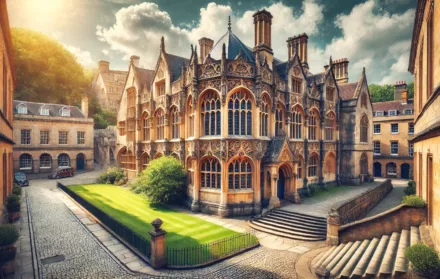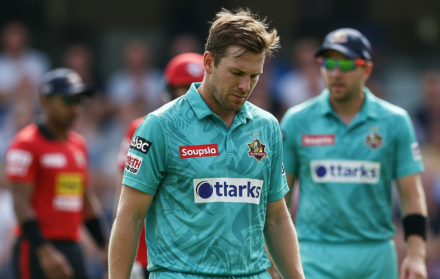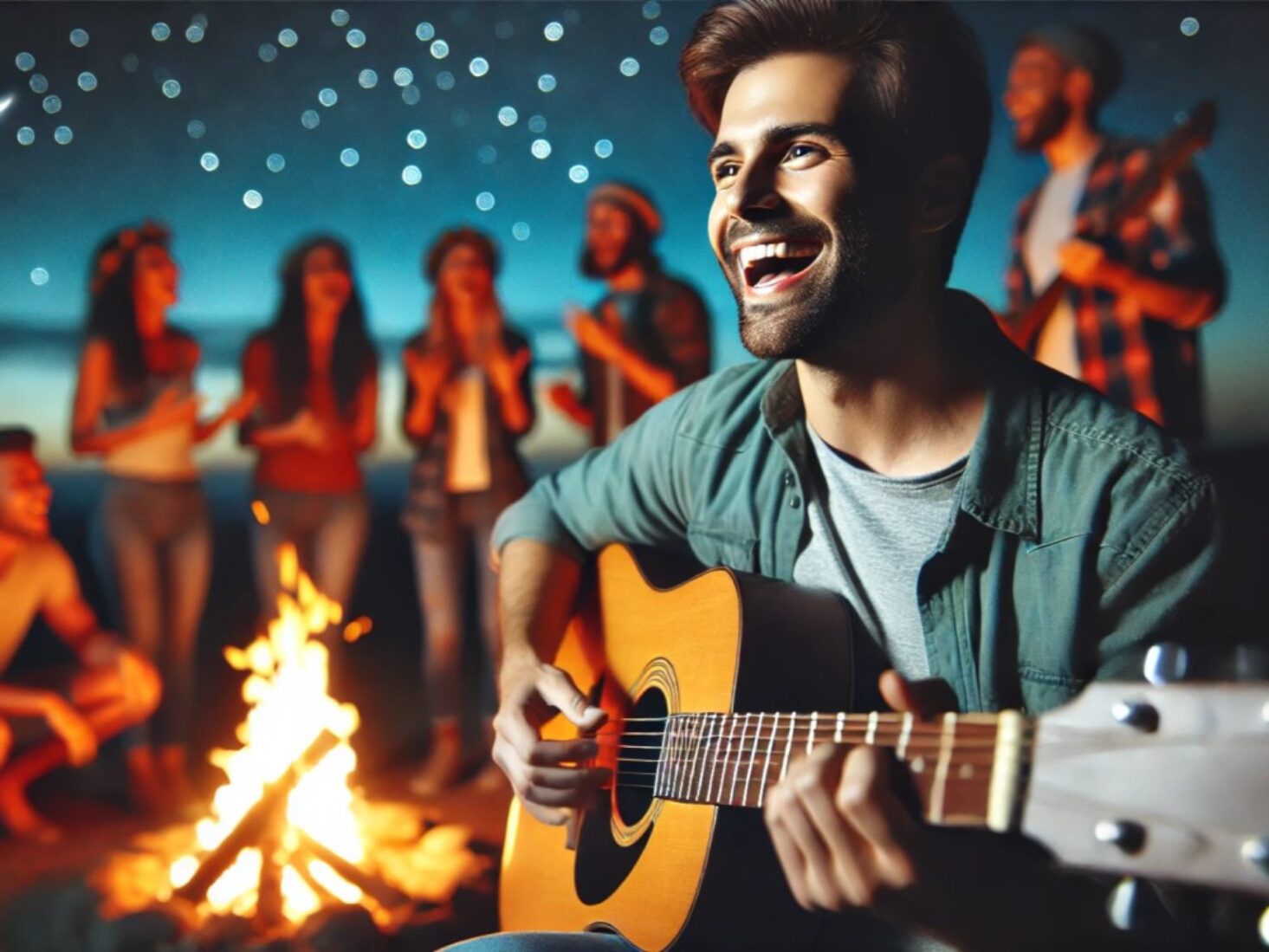
The Role of Music in Creating a Fun Night Out Atmosphere
Music has an undeniable power to transform any ordinary night out into an extraordinary experience. The rhythm, melody, and lyrics can elevate the mood, create lasting memories, and bring people together in a way that few other elements can. When it comes to planning a night out that truly encourages fun, the right music can set the tone and ensure everyone has a great time. It’s no wonder that a night out that encourages fun often relies heavily on a well-curated playlist or live music.
The impact of music goes beyond just creating a lively atmosphere. It plays a crucial role in fostering connections and bonding among friends and strangers alike. Whether it’s a familiar tune that prompts a sing-along or a new beat that gets everyone dancing, music can turn acquaintances into friends and friends into a closer-knit group. A night out that encourages bonding is often infused with moments where music acts as the common language, breaking down barriers and building new relationships.
Positivity is another key element that music brings to a night out. The right tracks can lift spirits, boost energy levels, and create an atmosphere of joy and celebration. This is why a night out that encourages positivity often features upbeat and feel-good music that keeps everyone in high spirits. Whether it’s a night of dancing at a club or a casual evening at a bar, the right musical backdrop can make all the difference.
Moreover, music has a unique way of helping people share and create memories. From the first song that plays when you walk into a venue to the last one that closes the night, these musical moments become intertwined with the memories of the evening. A night out that encourages sharing memories often sees friends reminiscing about songs from the past and creating new memories with the latest hits.
One of the most remarkable aspects of music is its ability to cater to diverse tastes, ensuring that a night out that everyone will enjoy is achievable. Different genres and styles can appeal to various groups, making it possible to plan a night out that meets everyone’s preferences. Whether it’s pop, rock, hip-hop, or jazz, the right selection of music can make sure that everyone has a fantastic time.
Planning a night out can be particularly challenging when dealing with large groups, but music can simplify this process. By selecting a variety of tracks that cater to different tastes, you can create an inclusive environment that keeps everyone engaged. When considering night out ideas for large groups, incorporating diverse music genres can help manage the varied preferences and ensure that everyone feels included.
Additionally, music can enhance the experience for those with different interests. For example, some might prefer a night out dancing, while others might enjoy a more laid-back evening listening to live acoustic performances. Tailoring the musical aspect to fit various tastes can turn a regular outing into something special. This flexibility makes it easy to come up with night out ideas for different interests, ensuring that everyone finds something to enjoy.
When it comes to planning a memorable night out, the role of music cannot be overstated. It’s not just about the songs themselves but how they contribute to the overall atmosphere and experience. Thoughtful planning and consideration of the musical elements can turn an ordinary night into something extraordinary.
Finally, themed nights out are becoming increasingly popular, and music plays a crucial role in these events. Whether it’s an 80s retro night, a tropical beach party, or a sophisticated jazz evening, the theme is brought to life through carefully selected music. These themes for your next night out rely on the right soundtrack to create an immersive experience that transports guests to a different time or place.
Music is integral to creating a fun night out atmosphere. It sets the tone, fosters connections, promotes positivity, helps share memories, and caters to diverse tastes. Whether planning for a small gathering or a large group, the right music can ensure that everyone has an unforgettable time.
The Power of Music in Setting the Mood
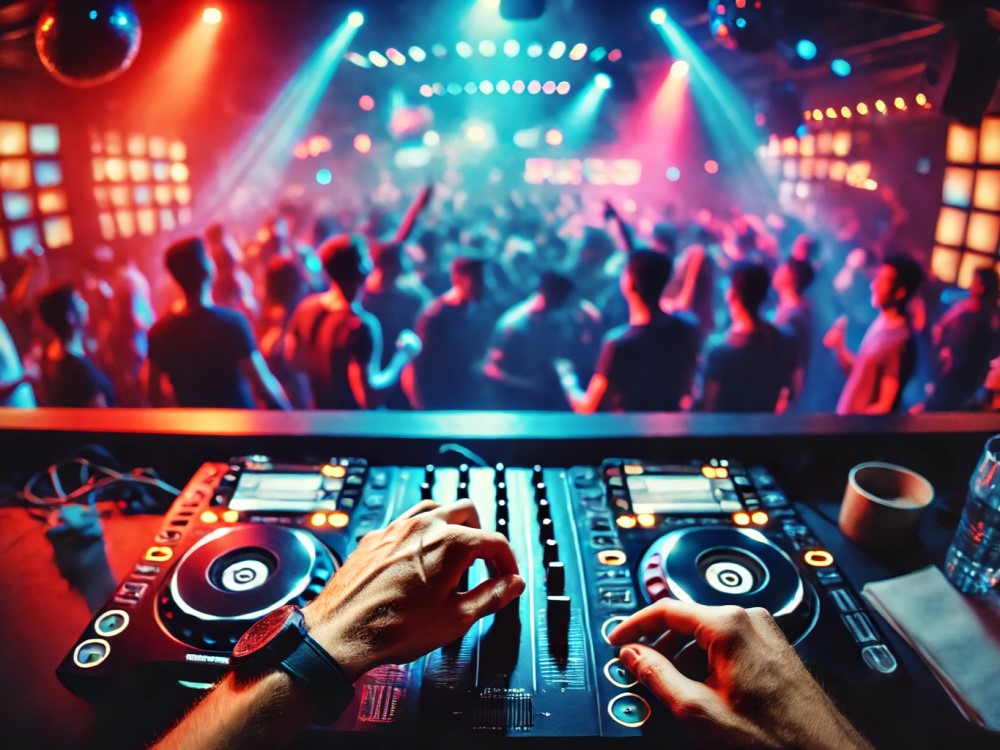
Music has a profound impact on our emotions and behavior, making it a powerful tool in setting the mood for any environment. In the context of a night out, the right music can elevate the experience, making it more enjoyable and memorable.
The choice of music genre plays a crucial role in defining the atmosphere of a venue. For instance, upbeat and energetic genres like pop, dance, and hip-hop are perfect for creating a lively and festive ambiance in nightclubs. These genres encourage people to dance, socialize, and have a good time. On the other hand, jazz, blues, and acoustic music are more suitable for intimate bars and lounges, where the focus is on relaxation and conversation.
The tempo and rhythm of the music also influence the energy levels of the crowd. Fast-paced beats with high tempo are more likely to energize the audience and encourage dancing, while slower tempos create a more laid-back and relaxed vibe. This is why nightclubs often feature high-energy music that keeps the crowd moving, while upscale bars and lounges opt for softer, more mellow tunes.
Moreover, the volume and sound quality of the music are essential factors in creating the right atmosphere. High-quality sound systems and well-balanced acoustics ensure that the music is clear and immersive, enhancing the overall experience. Loud and distorted music can be overwhelming and detract from the enjoyment, while well-calibrated sound levels provide an optimal listening experience.
Overall, music’s ability to evoke emotions and influence behavior makes it an indispensable element in creating a fun night out atmosphere. By carefully selecting the genre, tempo, and volume, venues can craft an environment that aligns with their desired vibe and enhances the enjoyment of their patrons.
Live Music Performances: Bringing Energy and Authenticity
Live music performances add a unique and authentic dimension to a night out, creating an electrifying atmosphere that recorded music alone cannot achieve. The presence of live musicians and the spontaneity of their performances contribute to an immersive and dynamic experience.
One of the key advantages of live music is its ability to create a sense of connection between the performers and the audience. The energy and passion of the musicians are palpable, and this live interaction fosters a sense of community and shared enjoyment. Whether it’s a local band playing at a small bar or a renowned artist performing at a large concert venue, live music brings people together and enhances the overall atmosphere.
Live performances also offer a level of unpredictability and excitement that recorded music lacks. Musicians often improvise and engage with the audience, creating a unique experience that can vary from one performance to the next. This spontaneity keeps the audience engaged and adds an element of surprise, making each live music event a memorable occasion.
Moreover, live music can elevate the atmosphere by showcasing different genres and styles. From rock and pop to jazz and classical, live performances cater to a wide range of musical tastes, ensuring that there is something for everyone to enjoy. This diversity adds richness and variety to the nightlife scene, attracting diverse audiences and creating a vibrant atmosphere.
The visual aspect of live music performances also contributes to the overall experience. The sight of musicians playing their instruments, the lighting effects, and the stage design all enhance the visual appeal and make the event more engaging. This multisensory experience immerses the audience in the performance and amplifies the enjoyment of the music.
In essence, live music performances bring energy, authenticity, and excitement to a night out. They create a dynamic and immersive atmosphere that resonates with the audience, making live music an essential element in crafting an unforgettable nightlife experience.
The Role of DJs in Shaping the Nightlife Experience
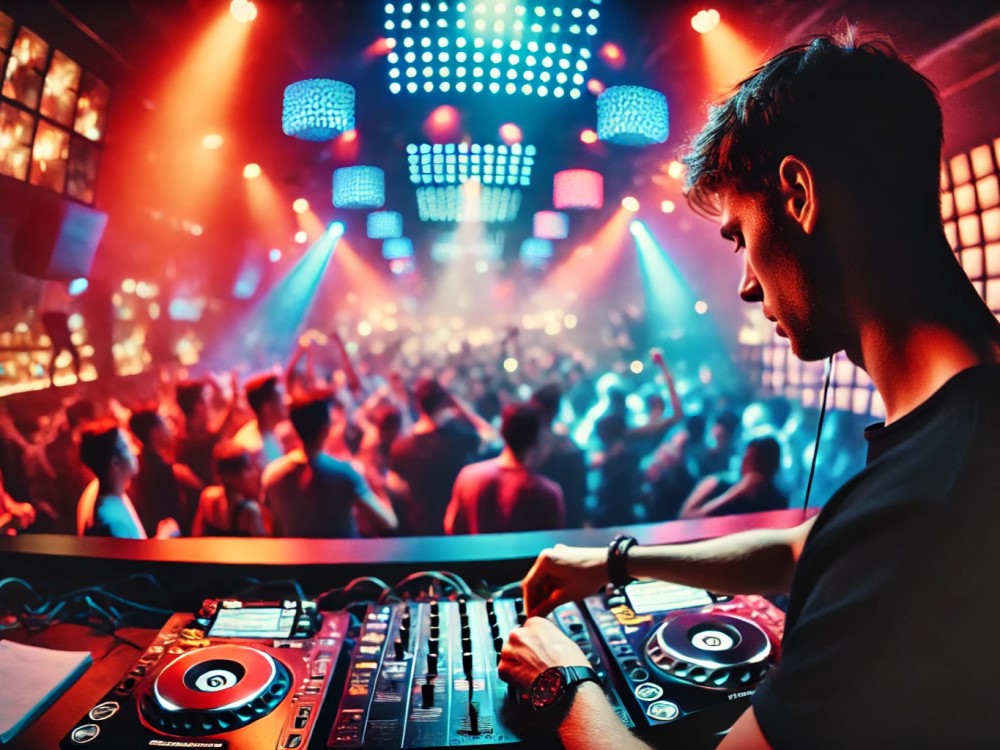
DJs play a pivotal role in shaping the nightlife experience, particularly in clubs and dance venues. Their ability to read the crowd, select the right tracks, and mix music seamlessly creates a continuous flow of energy that keeps the party going.
One of the primary skills of a DJ is crowd reading. Experienced DJs can gauge the mood and energy levels of the audience, adjusting their music selection accordingly to maintain a high level of engagement. By playing the right tracks at the right time, DJs can influence the crowd’s behavior, encouraging dancing, cheering, and interaction. This ability to connect with the audience and respond to their reactions is crucial in creating a fun and dynamic atmosphere.
DJs also bring creativity and technical expertise to their performances. The art of mixing, beatmatching, and transitioning between tracks ensures a smooth and cohesive flow of music. This seamless progression keeps the energy levels high and prevents any lulls in the atmosphere. The creativity of DJs in remixing tracks, adding effects, and blending different genres adds a unique and personalized touch to the music, making each set distinct and memorable.
In addition to their technical skills, DJs often serve as the face of the event, interacting with the crowd and creating a sense of excitement. Their stage presence, charisma, and ability to hype up the audience contribute to the overall vibe of the night. By engaging with the crowd through shout-outs, song requests, and interactions, DJs create a sense of connection and make the audience feel involved in the experience.
The choice of music genre and style is also a crucial aspect of a DJ’s role. Different genres evoke different emotions and behaviors, and DJs must select tracks that align with the desired atmosphere of the venue. For example, house and techno music are popular in dance clubs, where the goal is to keep the crowd moving and energized. In contrast, genres like hip-hop and R&B might be preferred in lounges and bars, where the focus is on socializing and dancing.
Ultimately, DJs are instrumental in shaping the nightlife experience. Their ability to read the crowd, mix music creatively, and engage with the audience ensures a fun and vibrant atmosphere, making DJs an essential component of any successful night out.
The Impact of Music Genres on Nightlife
Different music genres have a significant impact on the atmosphere and dynamics of a nightlife venue. The choice of genre influences the type of crowd that the venue attracts, the energy levels, and the overall vibe of the night.
Pop and mainstream music are popular choices for nightclubs and bars looking to attract a broad audience. These genres feature catchy melodies and familiar hits that appeal to a wide range of people, encouraging singing along and dancing. The upbeat and energetic nature of pop music creates a lively and festive atmosphere, making it ideal for venues aiming to provide a fun and inclusive night out.
Dance and electronic music, including genres like house, techno, and trance, are staples of the club scene. These genres are characterized by their repetitive beats, high tempo, and electronic sounds, which create an immersive and hypnotic experience. Dance music is designed to keep the crowd moving, and its continuous flow of energy is perfect for creating a high-octane party atmosphere. Clubs that specialize in electronic music often attract dedicated fans who appreciate the technical aspects of DJ performances and the communal experience of dancing.
Rock and alternative music cater to a different demographic, attracting fans who appreciate live instrumentation and the raw energy of rock performances. Venues that feature rock bands and alternative acts often have a more casual and laid-back atmosphere, where the focus is on the music and the live performance. The energy of rock music, combined with the authenticity of live bands, creates a powerful and engaging experience for the audience.
Jazz and blues, with their rich history and sophisticated sounds, are popular in upscale bars and lounges. These genres create a more relaxed and intimate atmosphere, where patrons can enjoy live performances while socializing and unwinding. The improvisational nature of jazz and the emotional depth of blues add a layer of complexity and elegance to the night, making it ideal for venues that aim to provide a classy and refined experience.
Hip-hop and R&B are known for their rhythmic beats, catchy hooks, and dynamic performances. These genres are popular in both nightclubs and lounges, where they create a high-energy and interactive atmosphere. The lyrical content and storytelling elements of hip-hop and R&B add an extra dimension to the music, making it both entertaining and thought-provoking.
In summary, the choice of music genre plays a crucial role in shaping the nightlife experience. Each genre brings its own unique energy and appeal, influencing the type of crowd, the atmosphere, and the overall vibe of the night. By selecting the right genre, venues can create a tailored experience that resonates with their audience and enhances the enjoyment of the night out.
The Role of Technology in Enhancing the Music Experience
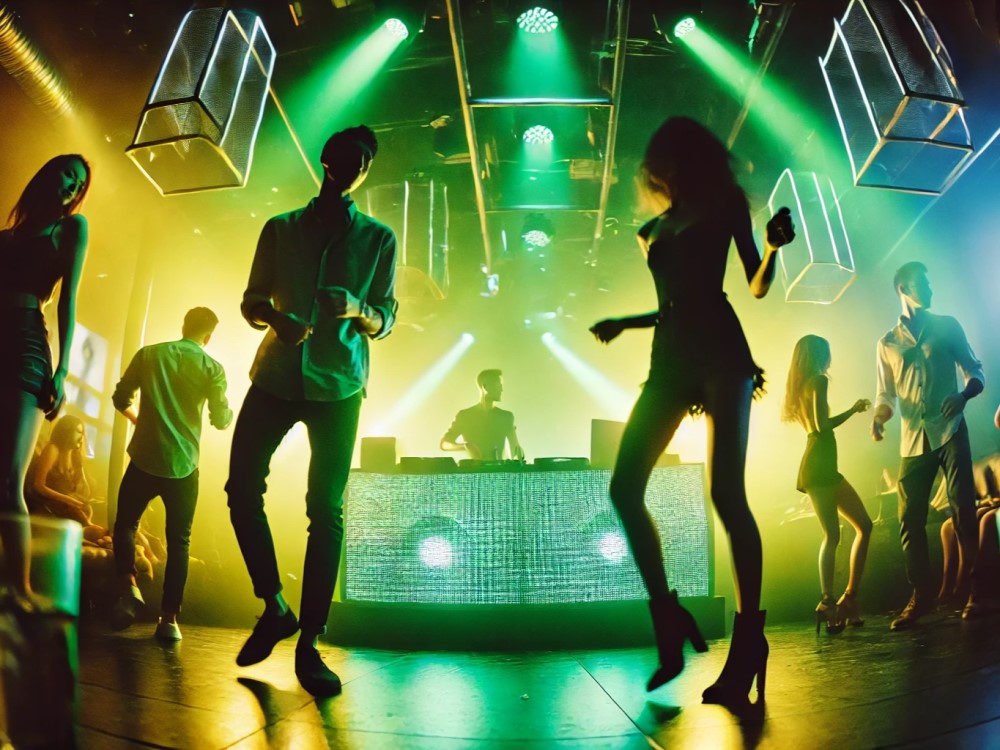
Advancements in technology have significantly enhanced the music experience in nightlife venues, providing new ways to engage and entertain the audience. From state-of-the-art sound systems to immersive lighting and visual effects, technology plays a crucial role in creating a fun and dynamic atmosphere.
High-quality sound systems are essential for delivering clear and powerful music that can be felt as well as heard. Modern venues invest in advanced audio equipment that ensures optimal sound quality, with well-balanced acoustics and precise control over volume levels. This attention to sound quality enhances the overall music experience, making it more immersive and enjoyable for the audience.
Lighting and visual effects are also integral to creating a vibrant nightlife atmosphere. Advanced lighting systems, including LED lights, lasers, and strobes, can transform a venue into a visually stunning environment. The synchronization of lighting effects with the music adds an extra layer of excitement, creating a multisensory experience that captivates the audience. Visual effects, such as video projections and interactive displays, further enhance the atmosphere, making the night out more engaging and memorable.
Technology also plays a role in enhancing the performances of DJs and live musicians. Digital DJ equipment, such as controllers and software, allows for more precise mixing and creative effects, enabling DJs to deliver seamless and dynamic sets. Musicians can also benefit from advanced instruments and audio processors that enhance their live performances, providing greater control over their sound and allowing for more complex and engaging shows.
Interactive technology, such as apps and social media integration, can also enhance the nightlife experience by allowing patrons to interact with the music and the venue in real time. For example, some venues use apps that let guests request songs, vote for the next track, or share their experiences on social media. This level of interactivity creates a more personalized and connected experience, making the night out more enjoyable and memorable.
In addition, technology has enabled the creation of immersive experiences such as silent discos and virtual reality events. Silent discos, where participants listen to music through wireless headphones, offer a unique and personalized way to enjoy music without disturbing the surrounding environment. Virtual reality events use VR technology to create fully immersive environments, where guests can experience music and visuals in an entirely new and engaging way.
Overall, technology has revolutionized the music experience in nightlife venues, providing new ways to entertain and engage the audience. The combination of high-quality sound, immersive lighting and visuals, and interactive elements creates a dynamic and unforgettable atmosphere, making technology an essential component of a fun night out.
Conclusion: The Power of Music in Crafting an Unforgettable Night Out
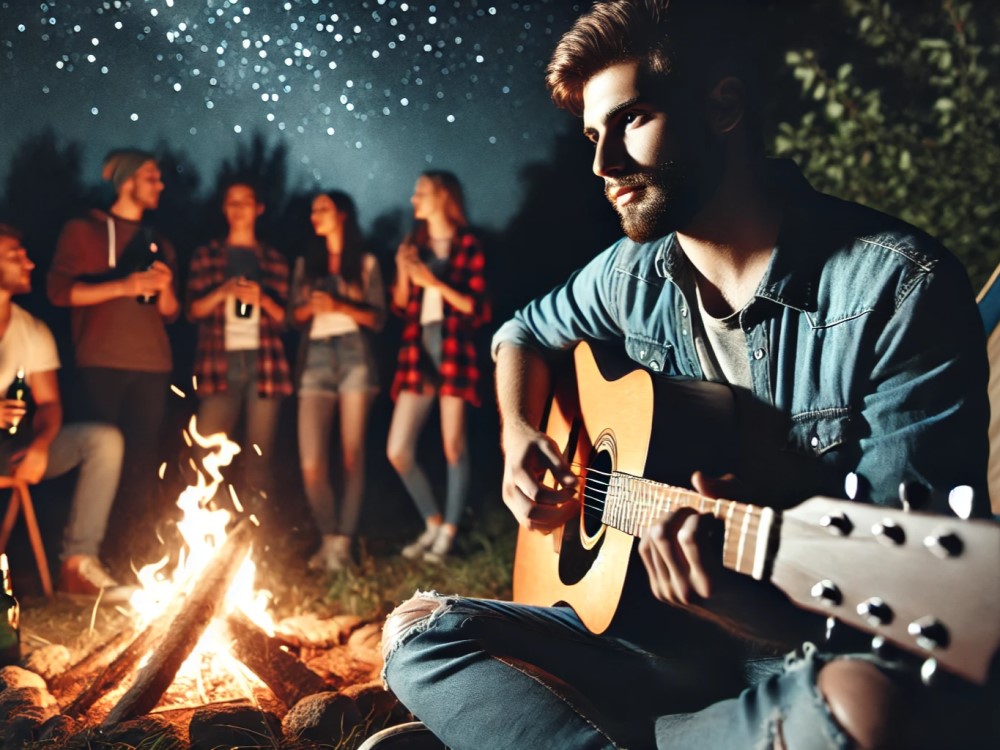
Music plays a central role in creating a fun night out atmosphere, influencing the mood, energy levels, and overall experience of the audience. From the choice of genre and the presence of live performances to the skill of DJs and the impact of technology, every element contributes to crafting an unforgettable nightlife experience. By understanding the role of music and leveraging its power, venues can create vibrant, engaging, and memorable nights out that resonate with their patrons and leave a lasting impression.
The choice of genre is crucial in setting the tone for the evening. High-energy beats in a nightclub can elevate the excitement, encouraging people to dance and lose themselves in the music. Meanwhile, soulful tunes in a lounge or bar can create a relaxed and intimate atmosphere, perfect for conversations and unwinding. By carefully selecting the right genre, venues can cater to different tastes and moods, ensuring that everyone has a good time.
Live performances bring an additional layer of excitement and authenticity to the nightlife experience. The presence of live bands or artists adds a dynamic element that recorded music simply cannot match. The energy of a live performance, the interaction between the artists and the audience, and the unique renditions of popular songs can make the night truly special and memorable.
DJs play a pivotal role in nightlife, with their ability to read the crowd and curate sets that keep the energy high. A skilled DJ can seamlessly blend tracks, create smooth transitions, and introduce fresh beats that keep the dance floor packed. Their understanding of the audience’s preferences and their ability to adapt to the vibe of the night can turn a good night out into an exceptional one.
Technology also plays a significant role in enhancing the musical experience. High-quality sound systems, lighting effects, and visual projections can transform a venue and elevate the music experience. Advanced sound engineering ensures that the music is heard clearly and at the right volume, while lighting and visuals can create immersive environments that captivate the audience.
Music is the heartbeat of nightlife, driving the fun and excitement that makes every night out special. Whether it’s the high-energy beats of a nightclub, the soulful tunes of a live band, or the immersive experience of a well-curated DJ set, music sets the mood and enhances the overall experience. By understanding and leveraging the power of music, venues can create vibrant, engaging, and memorable nights out that leave a lasting impression on their patrons. So next time you head out for a night on the town, remember that the music is not just a backdrop—it’s the essence of the experience, making each moment unforgettable.

